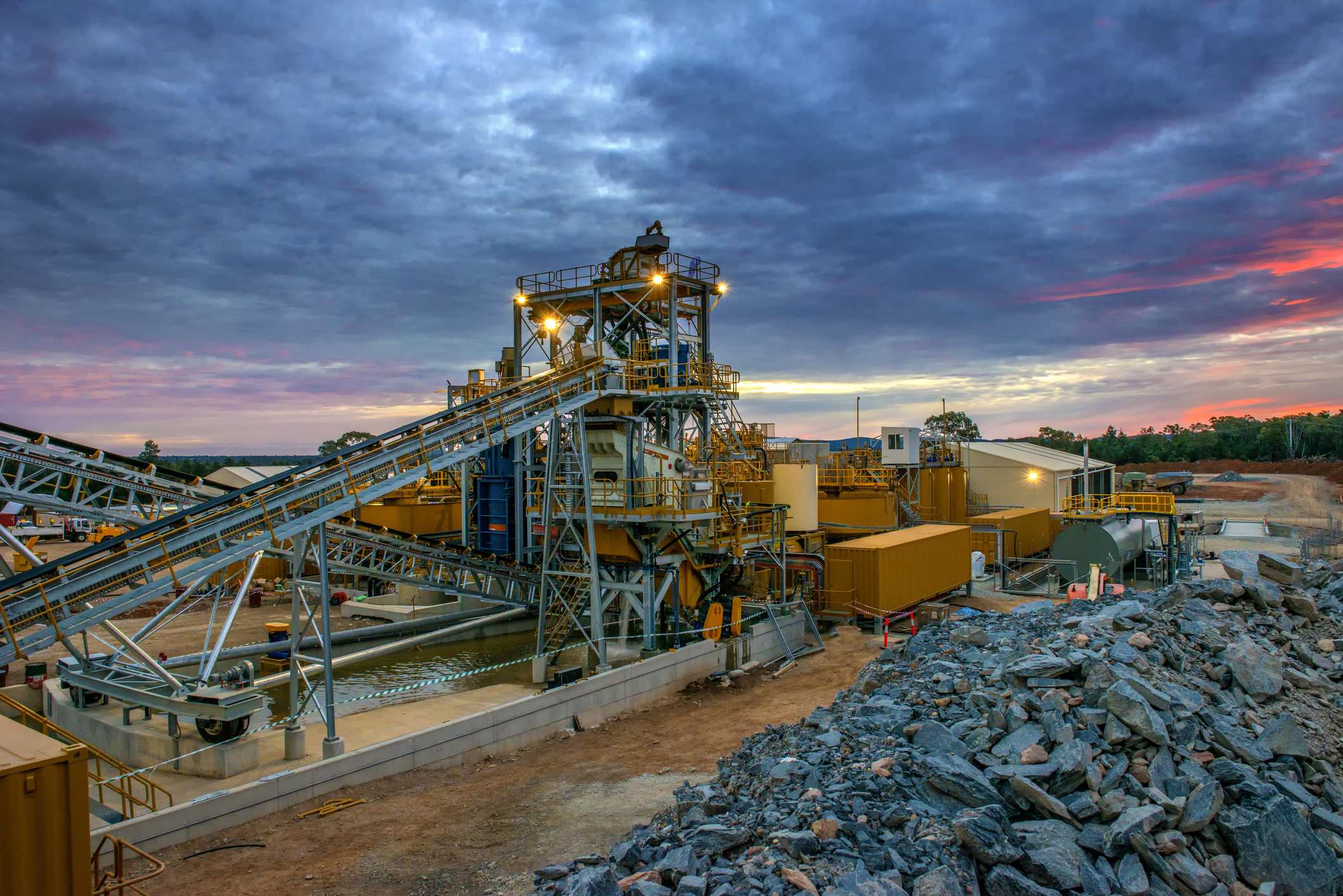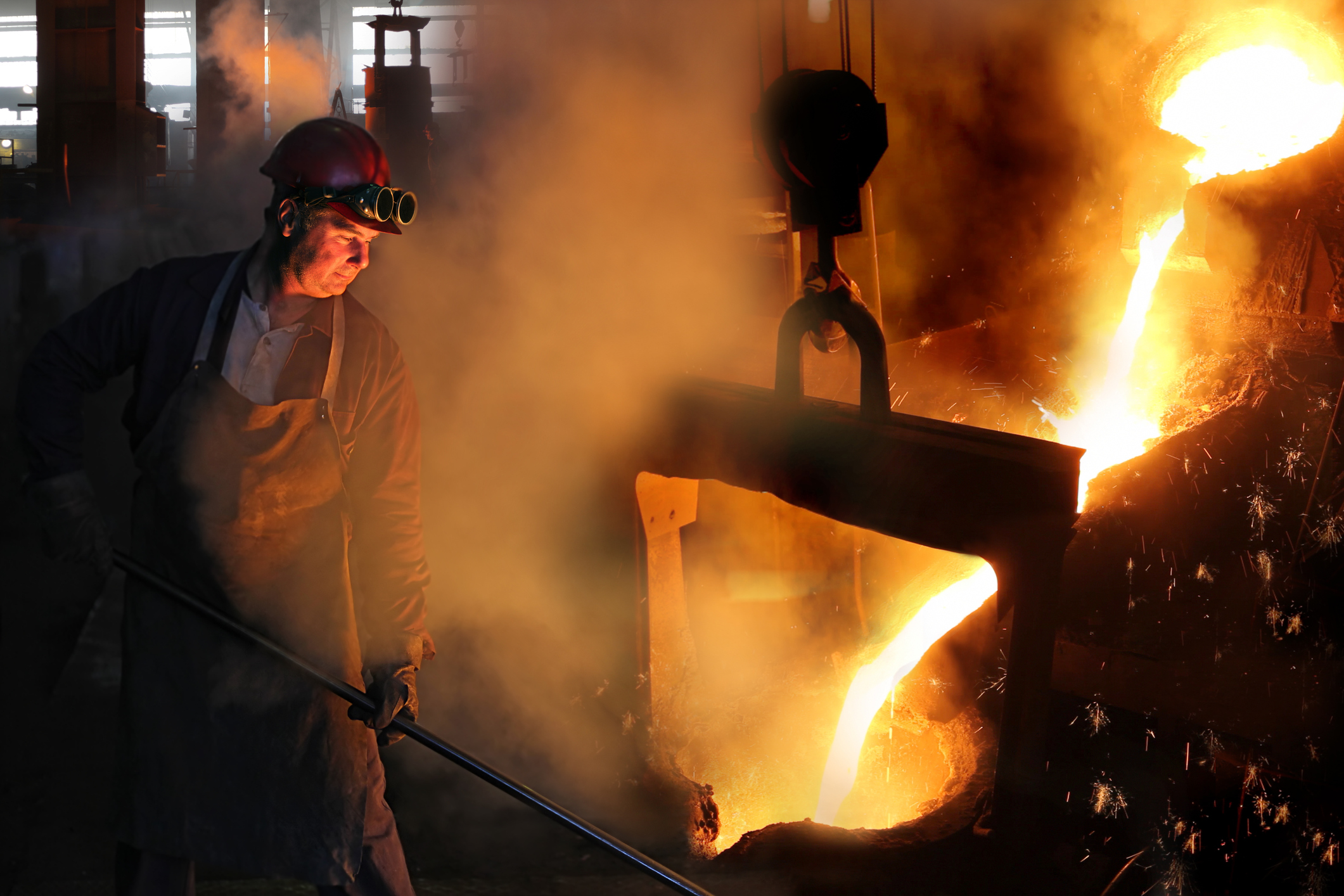U.S. infrastructure is in need of an update, and it’s going to fuel demand for a lot of cement.
The American Society of Civil Engineers projects that the country needs to spend more than $9 trillion to repair failing bridges, crumbling roads, and aging dams.
Investors have seen construction stocks and infrastructure stocks trade up and down in recent years following talk of action from Washington, D.C. Infrastructure has been a constant topic of debate on Capitol Hill, and while the money doesn't ever seem to flow as fast as advocates want, there is a steady stream of investment to the sector.
It’s hard to predict which individual projects might get funded, but we know spending on construction and infrastructure is increasing. For investors looking to buy stocks, cement stocks are a good way to negate project-specific uncertainty and take advantage of the trend because it’s a raw material that will be in demand, no matter what is prioritized.
Top cement stocks in 2026
For the purposes of this list, we are differentiating between concrete -- the finished product used for home foundations, roads, and bridges -- and cement, which is the mixture of minerals combined with water and aggregates to make concrete. Think of this as a list of companies that make those raw materials, not the companies that mix them together and sell concrete.
1. CRH plc

NYSE: CRH
Key Data Points
Ireland’s CRH is a world leader in basic materials, supplying building products, aggregates, asphalt, and cement primarily in Europe and North America. In 2024 alone, CRH spent about $5 billion on 40 acquisitions.
CRH gives investors exposure not just to cement demand and U.S. infrastructure spending, but also to the rising demand in emerging markets such as Brazil. In the United States, CRH does business via the Ash Grove Cement brand.
2. Vulcan Materials

NYSE: VMC
Key Data Points
Vulcan Materials is a U.S.-focused heavyweight that provides aggregates, asphalt, and cement to construction and industrial users located primarily in the U.S. Sun Belt. Although the company has facilities in the Bahamas and Mexico, investors buying into Vulcan today are making a bet on the U.S. market rather than on global demand.
Vulcan still sees opportunities to grow in its home market. In 2021, the company bought U.S. Concrete for $1.3 billion to expand its footprint in Texas and the northeastern U.S.
3. James Hardie Industries

NYSE: JHX
Key Data Points
James Hardie is perhaps best known for its Hardie Board products, which are fiber cement building materials that are durable replacements for exterior wood and other construction materials. The Ireland-based company makes a range of finished cement products used in commercial and housing construction, including exterior siding, wallboards, floors, trim, fencing, and decking.
Hardie isn’t the same roads-and-bridges play as some of these companies, but it has expanded the addressable market for cement products and should benefit from an eco-friendly push to use new materials and make projects more durable.
4. Cemex

NYSE: CX
Key Data Points
Cemex is Latin America’s largest supplier of cement and sells a range of basic materials and aggregates throughout its native Mexico, the U.S., and around the world. Cemex is one of the best cement stocks to buy for true global exposure, with operations spanning more than 50 countries throughout Africa, the Middle East, and Asia.
Cemex has also been a leader in terms of sustainability, pledging to reduce its carbon dioxide emissions by 40% by 2030 compared to 1990 levels and to reduce dust emissions by 95%. Its efforts should help it to win business from all-important government customers trying to balance the need for construction with climate priorities.
5. Eagle Materials

NYSE: EXP
Key Data Points
Eagle Materials sells cement and a wide range of other building materials, including gypsum wallboard and aggregates. The company, which is focused on the U.S. construction market, manufactures and distributes its products from more than 70 facilities located in the U.S.
Eagle doesn’t offer the same geographic or product diversification as some of the other companies on this list, but it has a significant business selling to the red-hot housing market.
6. Loma Negra
Loma Negra is smaller than the others on this list and is focused primarily on the market in its native Argentina and in neighboring countries. The company produces cement, aggregates, lime, and ready-made concrete mixtures for construction companies and industrial users.
Loma is more of a pure-play investment in emerging markets, but demand from South America should significantly increase in the years to come as local economies continue to develop.
How to invest in cement stocks
- Open your brokerage app: Log in to your brokerage account where you handle your investments.
- Search for the stock: Enter the ticker or company name into the search bar to bring up the stock's trading page.
- Decide how many shares to buy: Consider your investment goals and how much of your portfolio you want to allocate to this stock.
- Select order type: Choose between a market order to buy at the current price or a limit order to specify the maximum price you're willing to pay.
- Submit your order: Confirm the details and submit your buy order.
- Review your purchase: Check your portfolio to ensure your order was filled as expected and adjust your investment strategy accordingly.
Factors to consider when choosing cement stocks
Among the factors to consider when looking at cement stocks, investors need to look at government and private sector regional growth estimates to find companies in locations that are ripe for demand. Environmental regulations should also be considered.
Construction is a cyclical industry. Investors should pay attention to the financial health of various companies to make sure they have the wherewithal to survive a downturn.
Are cement stocks right for you?
Some investors tend to shy away from stock market sectors such as cement, fearing the commodity nature of the product makes it too cyclical. But given the need for increased infrastructure spending to replace aging roads and bridges, plus the substantial demand for new housing over the next decade, it appears we are in the early stages of a long-term supercycle for cement demand.
Even if it is cyclical, cement has so many different end users that demand is unlikely to drop off if a particular segment of users hits hard times. Cement stocks aren’t likely to ever be confused with high-growth tech stocks, but they offer greater stability and predictability that can help balance a diversified portfolio.










